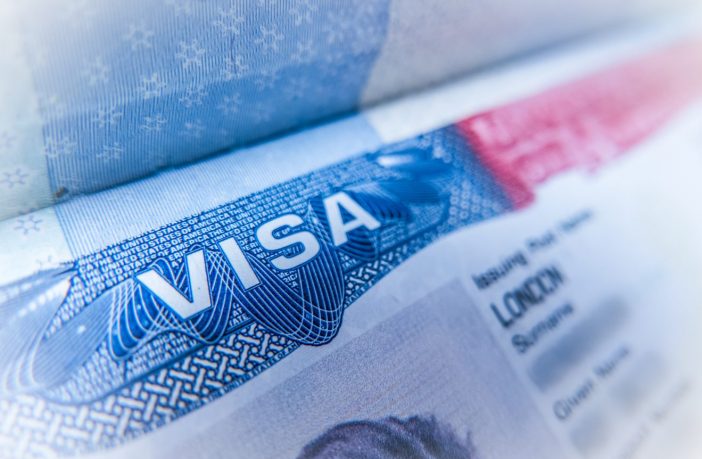Washington’s $2.2 trillion stimulus package is the most expensive relief effort in history. Though many of the outlays may be essential, spending $350 million to assist migrants and refugees, and sending billions of dollars in foreign aid are no substitute for the revivifying effects of responsible immigration policies.
One Republican lawmaker decried the migrant/refugee spending as a “poison pill that puts America last.” Indeed, as it assists this “vulnerable” foreign population, including law-breaking illegal aliens, Congress has repeatedly failed to adequately fund border enforcement. Some members have gone so far as to threaten the very existence of U.S. Immigration and Customs Enforcement (ICE).
But Congress passed the entire CARES Act without a dissenting vote. Republicans even added $50 million to the $300 million initially offered by Democrats.
The bill also provides more than $11 billion in foreign aid and international development. Lawmakers justified the largess, saying the battle against coronavirus is a global fight, but failed to justify why it should have been included in a stimulus bill aimed at keeping a faltering U.S. economy afloat.
There are valid moral and economic reasons to help impoverished countries stop the spread of disease, but the rushed CARES Act does not even ensure the money will be spent wisely.
Foreign aid and migrant relief are separate matters entirely unrelated to a domestic recovery effort. Funding for such programs must be determined on their merits, not rolled into must-pass emergency legislation.
As this overloaded gift horse canters off Capitol Hill, Congress and the administration should now take steps to bolster American workers that do not carry 13-digit price tags. Among the most important actions they could take would be to adjust this country’s immigration policies in ways that will help get Americans back on their feet and back to work. For starters:
- Halt this year’s H-1B (skilled worker) lottery.
- Revoke the H-2B (semi-skilled) cap lift.
- Suspend issuance of new H-2A (agricultural) visas.
These actions can be done at zero expense, and can save money by reducing unemployment payouts.
“If ever there was something the country does not need it is thousands of foreign workers to fill jobs in industries that are being decimated by COVID-19,” FAIR President Dan Stein wrote this week.
“Putting the brakes on an infusion of foreign guest workers at a time when more than 3 million people lost their jobs in one week would seem to be about the least controversial and most obvious steps we could take right now.”




